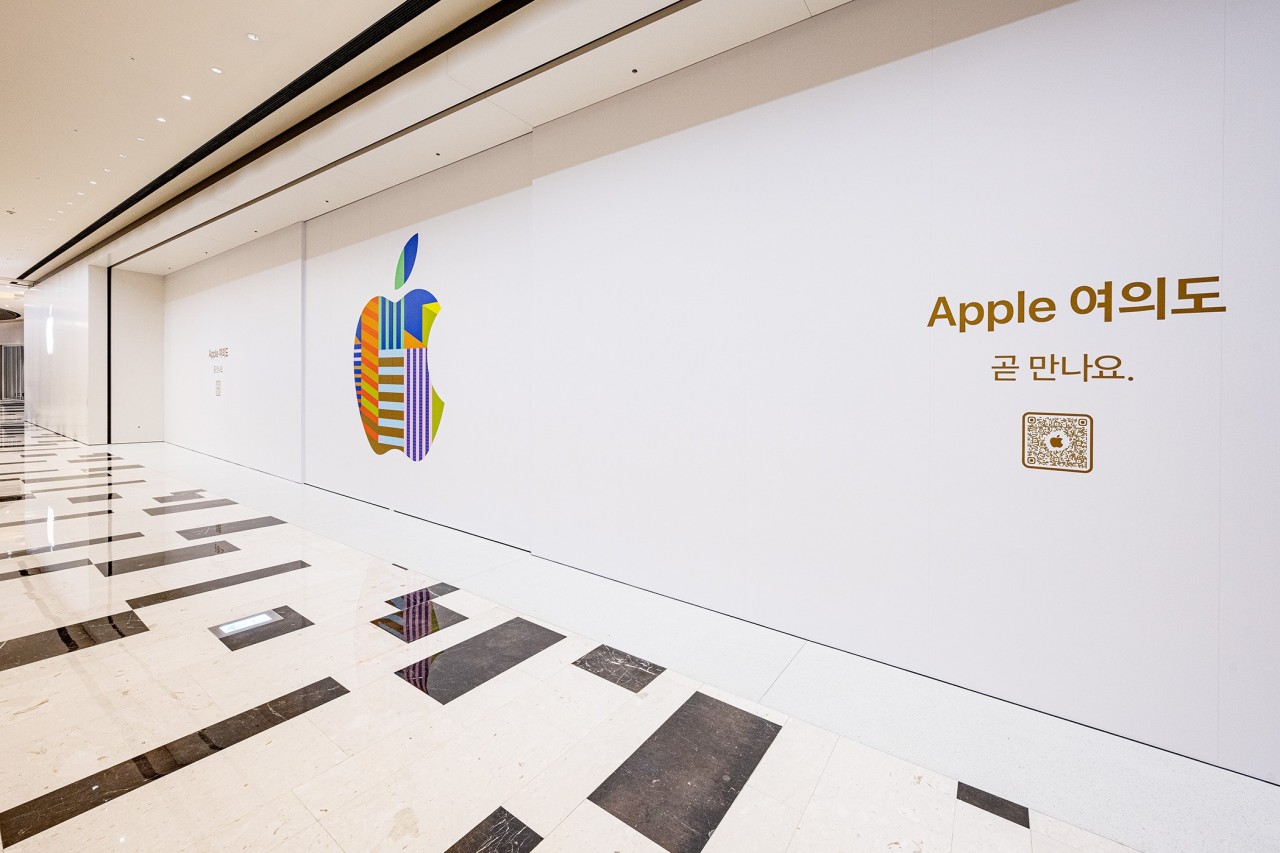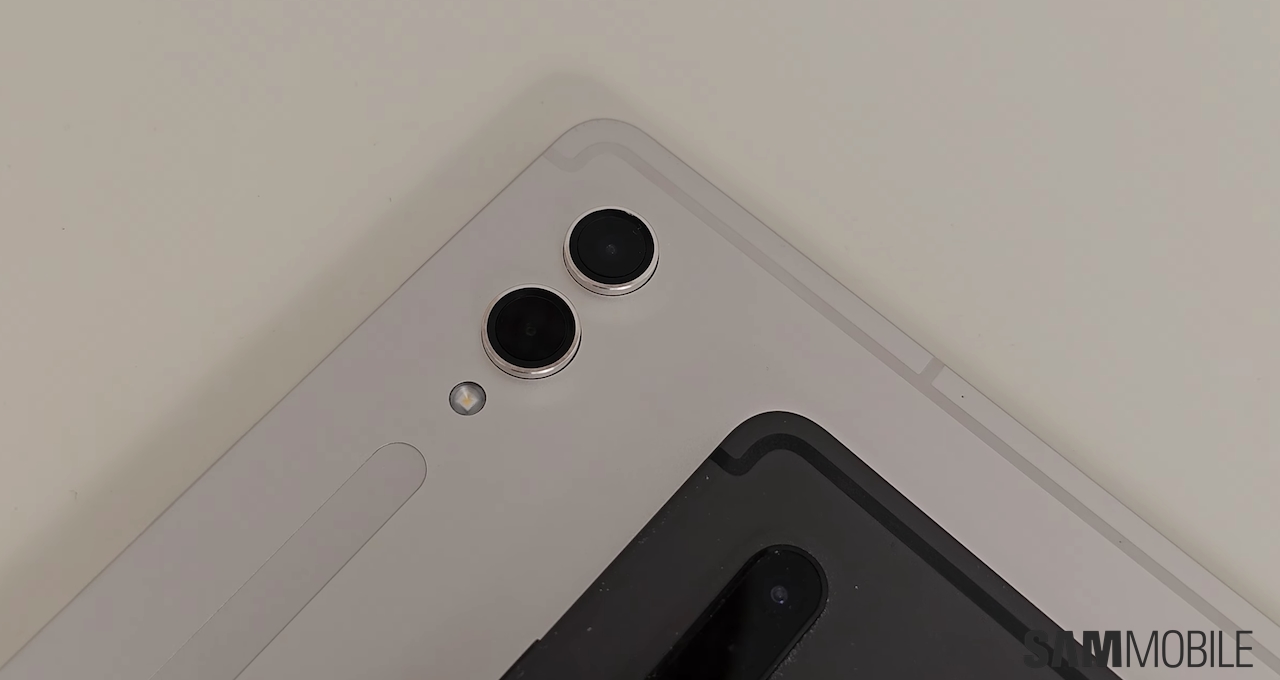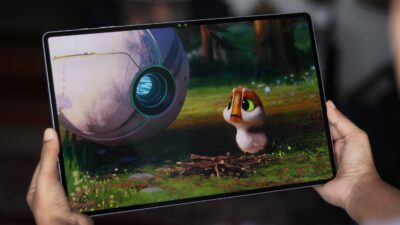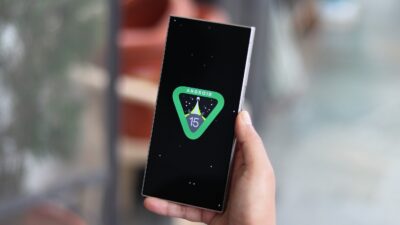
LG, another Korean tech giant, doesn't have that kind of dominance in the smartphone market. So it's safe to say that Koreans' appetite for Samsung phones is not entirely because of patriotism. Samsung would want to maintain this position for as long as possible. However, Apple is now making serious efforts to compete with Samsung on its home ground.
The most recent stats show that Samsung was able to further improve its smartphone market share in South Korea this year. As of Q2 2020, it accounts for 67 percent of South Korea's entire smartphone market.
Apple has steadily been gaining ground over the past few years. It exhibited a slight growth in Q2 2020 to account for 19 percent of the Korean smartphone market. Its iPhone SE was actually the best-selling handset in the second quarter of this year, followed by Samsung's Galaxy S20+ and Galaxy S20.
Clearly, Apple sees an opportunity to further increase its market share in the lucrative Korean market. The company wants to expand its retail presence in the country to more directly control the in-store experience for customers who may be interested in its products.
Apple's first retail store in South Korea was launched in October 2018 in Seoul's posh Garosu-gil area. Apple has built exceptional brand equity for its retail stores. In many countries they have become must-visit destinations in their own right. Think the Fifth Avenue store in New York, the Ginza store in Tokyo and the Regent Street outpost in London. It's the perfect way to pull in visitors who just might end up buying one of its products.
To that end, the company is now opening its second store in Seoul, less than three years after opening its first. Apple's second South Korean store is located in the IFC Mall, pictured above, situated in the swanky Yeouido financial district. The mall tends to get a lot of tourist traffic as well due to its proximity to the nearby Yeouido Hangang Park. The store is under construction but is expected to open before the end of this year.
There are already rumors that Apple may be planning to open a third retail store in Seoul. It might be opened in Myeong-dong. It's a trendy area frequented by the young crowd and tourists. Just the sheer number of people that turn up at Myeong-dong every evening make it the perfect location for an Apple store.
Apple hasn't just suddenly become fond of opening stores in South Korea. There's actually a reason why we might see it push more aggressively in Samsung's home country. South Korea was the first country in the world to commercialize public 5G networks. The actual availability of 5G networks is also much better than most other countries that have also launched the next-gen network standard.
Samsung has been selling 5G phones since last year. It even has mid-range options on offer now. Apple has only just launched its first 5G-enabled iPhones this year. It decided to release them a bit earlier this year, possibly to better compete in these markets. Apple can't expect to compete with the best Samsung phones in 2020 unless it offers 5G connectivity. It wouldn't have found many customers willing to jump from a 5G phone to one that only supports 4G LTE.
The early signs are already promising. Korean media reports that Apple sold almost 600,000 units of the iPhone 12 over the past month. That was about a 30 percent increase in first month sales after launch compared to previous iPhones. Clearly, the 5G support has been one major reason behind this uptick in sales.
Expanding its retail presence in the country will allow Apple to offer much better sales and aftersales support to customers. Instead of hoping that customers find their way to an iPhone in a mobile carrier's store that's filled to the brim with Samsung phones, it will control the entire retail experience from the moment a visitor walks in. Once they're in the store, all they'll see is just how awesome an iPhone is, and how well it works with the many other products that it offers.
It will be interesting to see how this plays out. Apple is clearly interested in denting Samsung's market share in South Korea. It won't be easy. Samsung has a massive retail presence in its home country. It may also have much better deals with mobile carriers. Most customers buy their phones through carriers in South Korea largely due to the way subsidies work there. That's an important relationship that Samsung can leverage to keep Apple at bay.
Apple is no stranger to dominating a foreign market. It commands a market share of well over 60% in Japan, despite local competitors like Sony. Samsung would never want that to happen in South Korea. Let's the games begin!

















